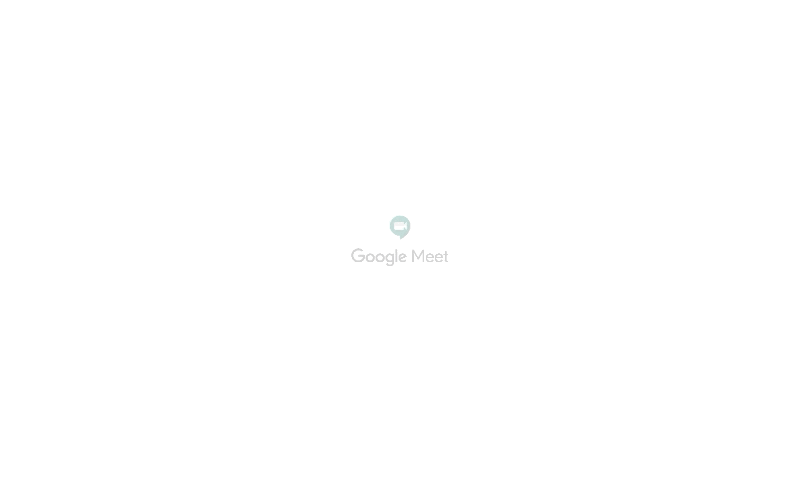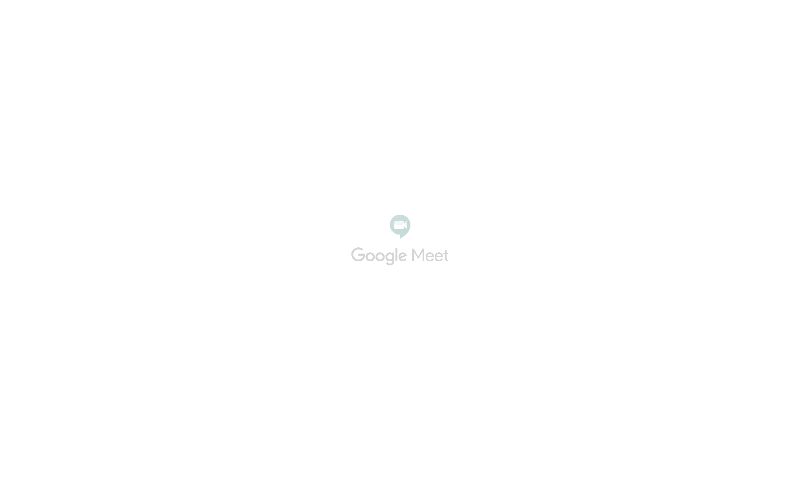Google today announced that it is making Meet, its video meeting tool for businesses that directly competes with the likes of Zoom, available for free to everyone. Until now, you could participate in a Meet call without being a paying user, but you needed a paid G Suite account to start calls.
You won’t be able to schedule free Meet calls right away, though. Google is opening up access to Meet to free users gradually, starting next week. It may take a few weeks before everybody has access to it.
After September, free accounts will be limited to meetings that don’t run longer than 60 minutes, but until then, you can chat for as long as you want. The only other real limit is that meetings can’t have more than 100 participants. You still get screen sharing, real-time captions and the new tiled layout the company introduced only a few days ago.
Users will need a Google account to participate in meetings, though, which isn’t likely to be a major barrier for most people, but it does add more friction than simply clicking on a Zoom link.
Google argues that in return, you get a safer platform, not just because it’s hard to guess meeting codes for Meet (which makes “Meet-bombing” a non-starter), but also because Meet runs in the browser and is hence less vulnerable to security threats.
“With COVID, video conferencing is really becoming an essential service and we have seen video conferencing usage really go up,” Smita Hashim, the Director of Product Management at Google Cloud, told me. Because the need for these tools continues to increase, Google decided to bring Meet to individual users now, though Hashim noted that some of this had been on the company’s roadmap before.
“We are accelerating what we are doing, given the crisis and given the need for video conferencing at this point,” she said. “We still have the Google Hangouts product but Google Meet availability we are accelerating. This is a newer product designed to scale to many more participants and that has features like closed captioning and those kinds of things.”
So for the time being, Hangouts for consumers and also Google Duo aren’t going away. But at least for consumer Hangouts, which has been on life support for a long time, this move may accelerate its deprecation.
Clearly, Google saw that Zoom caught on among consumers and that Microsoft announced plans for a consumer edition of Teams. Without a free and easily accessible version of Meet, Google wasn’t able to fully capitalize on what has become a breakout time for video conferencing tools, so it makes sense for the company to make a push to get this new edition out of the door as fast as possible.
“From a leadership perspective, the message was really: how can Google be more and more helpful,” Hashim said when I asked her what the discussion about this move was like inside the company. “That was the direction we got. So from our side, video conferencing is the product which is really hugely accelerated usage and Google Meet in particular. So that’s why we first launched the advanced features, then we did the safety controls and then we said, okay, let’s accelerate some of these other features, but we kept seeing that need so it felt like a very natural next step for us to take and make it available to all our users.”
In addition to free access to Google Meet for everyone, Google is also launching a new edition of G Suite, dubbed G Suite Essentials. This new edition, which is meant for small teams and includes access to Google Drive, Docs, Sheet, Slides and, of course, Meet, will be available for free until September 30. After that, Google will start charging, but as Hashim told me, the company hasn’t decided on pricing yet.
For enterprise users, Google is also adding a few perks through September 30. These include free access to advanced Meet features for all G Suite customers, including the ability to live stream to up to 100,000 viewers within their domains, as well as free additional Meet licenses without the need for an amended contract, and free G Suite Essentials for enterprise customers.
Google also used today’s announcement to share a few new stats around Meet. As of last week, Meet’s daily meeting participants surpassed 100 million, for example, and with that, Meet now plays host to 3 billion minutes of video meetings. Daily peak usage is up 30x since January. That’s a lot of time spent in meetings.


Finally I have found something which helped me.Appreciate it!
ReplyDeleteG Suite Essentials Partner